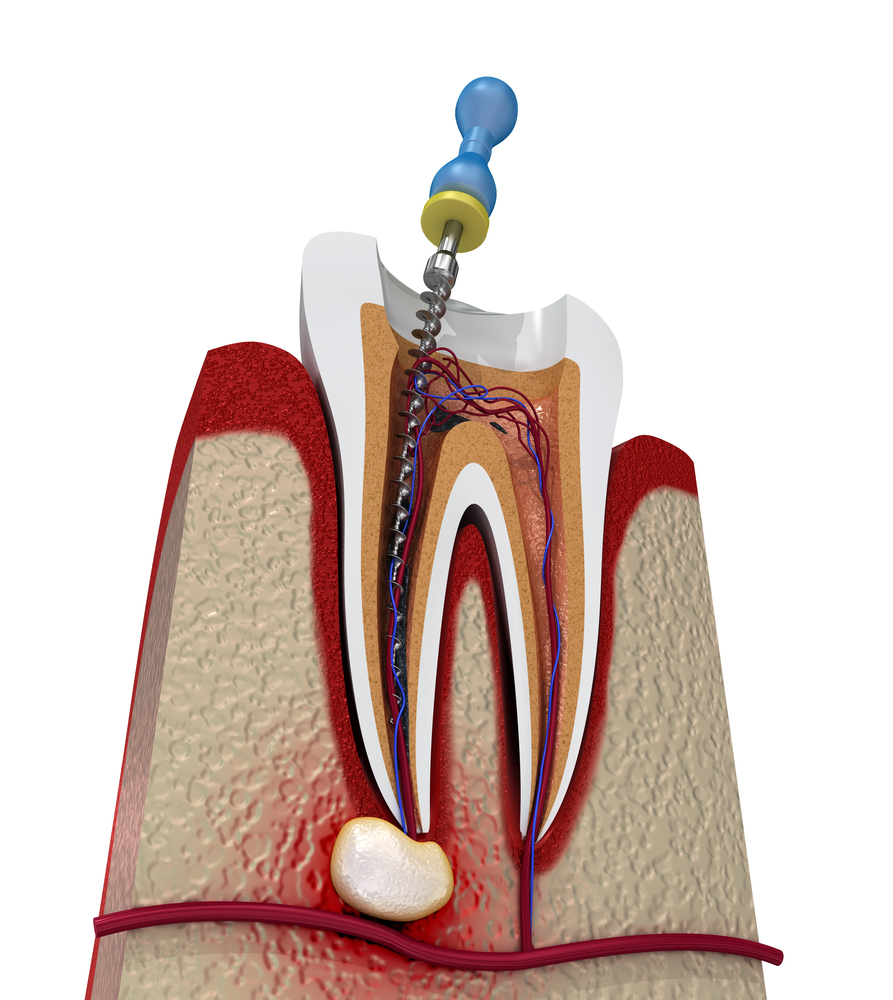
If you’ve ever dreamed of having a perfect smile, you’ve probably heard about veneers. These sleek shells of durable material can completely transform your teeth, giving you that Hollywood-worthy grin! But before you dive into the world of cosmetic dentistry, you might be wondering, “Are veneers reversible?”
Before making changes to your smile, it’s best to consult with trusted dentists, like the team at Magic Smiles Dental and Implant Centre. Ring our Woolgoolga, NSW, office at (02) 6654-0650 or our Coffs Harbour, NSW, location at (02) 6652-3242 for a consultation now!
What Are Veneers?
Let’s start with the basics. Veneers are a popular cosmetic dentistry option because they can fix a variety of imperfections, like:
- Slightly misaligned teeth
- Large gaps
- Chipped teeth
- Craze lines
- Discoloration
Dentists must permanently bond veneers to the front of natural teeth using a strong adhesive. But here’s the catch – since some of your natural tooth enamel is removed to make room for the veneers, the process is not easily reversible.
So, Are Veneers Reversible?
Technically, no. Once you’ve had your teeth prepped for veneers, there’s no going back to your original teeth.
The enamel that dental professionals must shave off doesn’t grow back, which means you’ll always need something covering your teeth, whether it’s veneers or another cosmetic treatment. That’s why it’s so important to be 100% sure before taking the plunge.
If you’re not ready for a long-term commitment, you may want to explore other cosmetic dentistry options like teeth whitening or bonding, which are less invasive.
Why Aren’t Veneers Reversible?
The reason veneers aren’t reversible comes down to the preparation process. Our cosmetic dentists must remove a small layer of tooth enamel to ensure the veneers fit properly and look natural.
Once this enamel is gone, teeth are permanently altered and vulnerable to external factors. Without the protection of veneers, your teeth would be more vulnerable to bacteria and plaque, so they can’t just be “undone” like other treatments.
But Don’t Worry!
Even though veneers aren’t reversible, they’re a highly effective and durable cosmetic dentistry solution that can last 10 to 20 years with proper care.
So, while it’s a big decision, it’s one that pays off with years of a beautiful, confident smile. Plus, modern veneers look incredibly natural, and they don’t stain like your natural teeth do, so your smile stays bright.
What to Consider Before Getting Veneers
Before making any decisions, ask yourself, “Are veneers reversible?” and then weigh the pros and cons.
If you’re comfortable with the permanent nature of veneers and you’re looking for a long-term smile makeover, veneers could be the perfect solution for you.
However, if the idea of altering your teeth forever makes you nervous, talk to our cosmetic dentists about other, less permanent options.
Veneers Consultation – Magic Smiles Dental and Implant Centre
So, are veneers reversible? The short answer is no, they aren’t. But if you’re ready for a stunning, long-lasting smile transformation, schedule a veneers consultation in Coffs Harbour or Woolgooga, NSW, here to get started!






Recent Comments